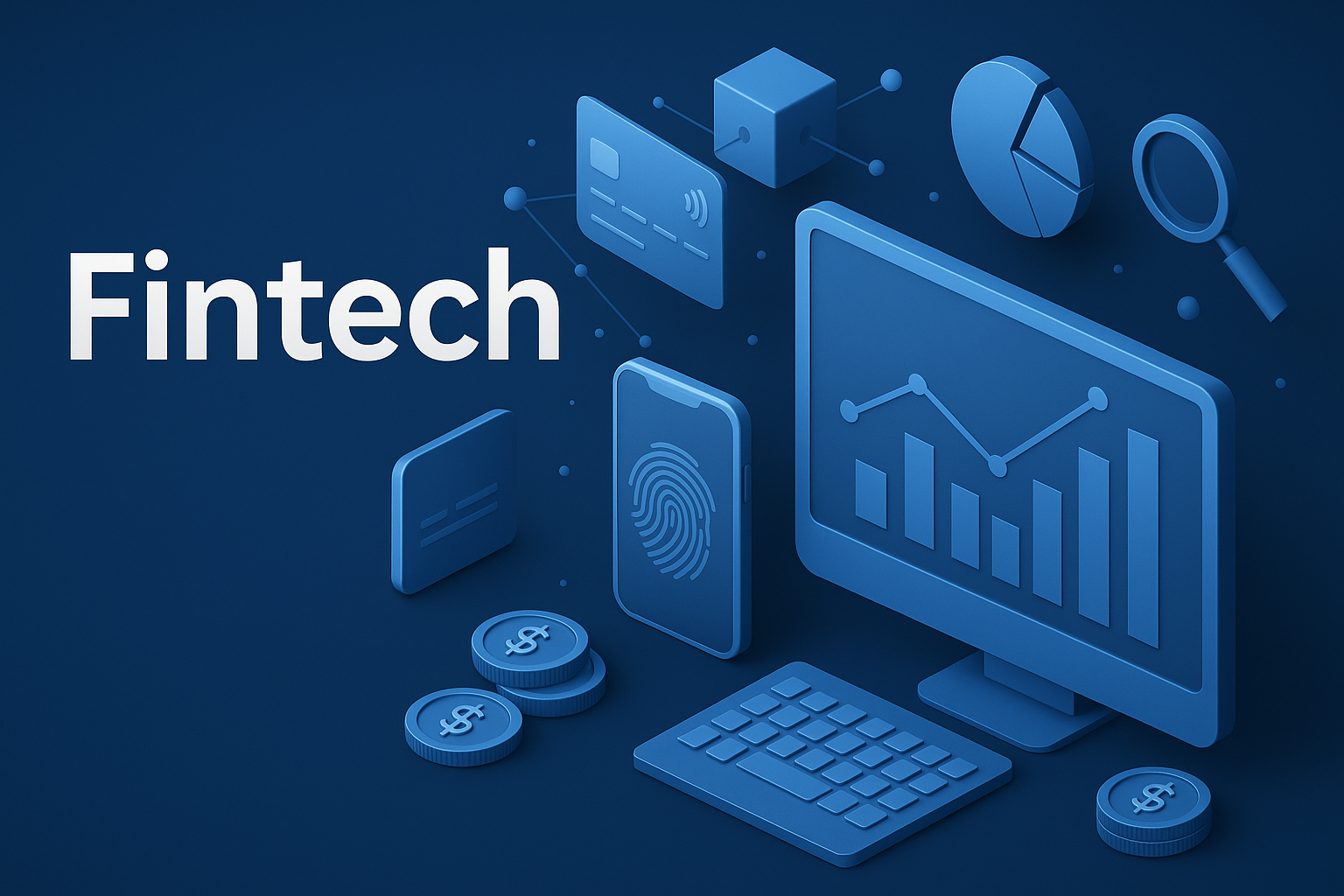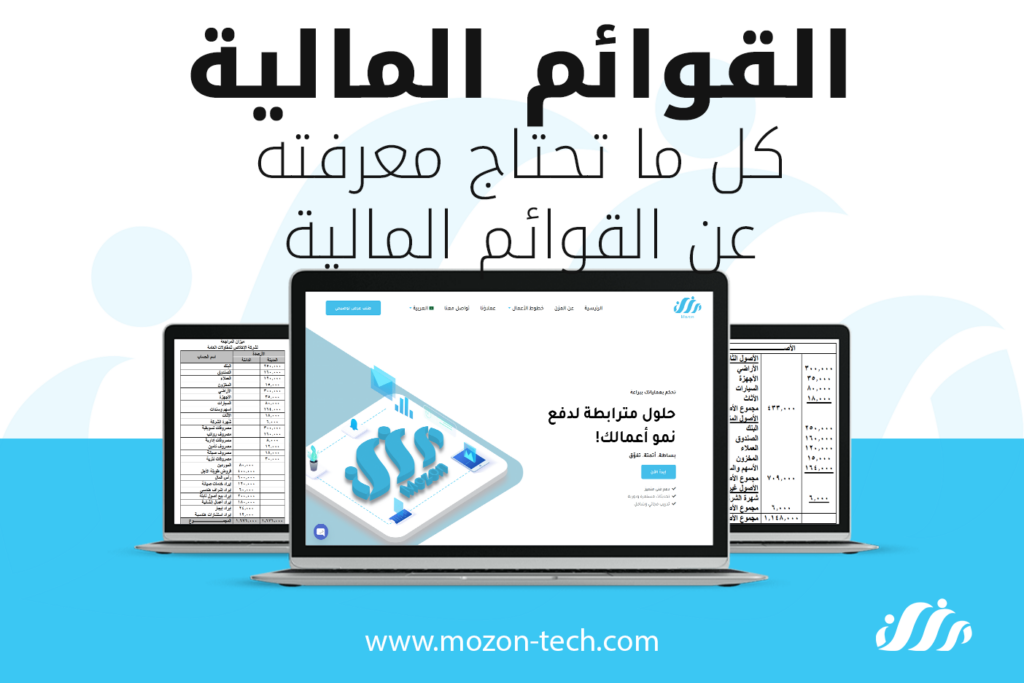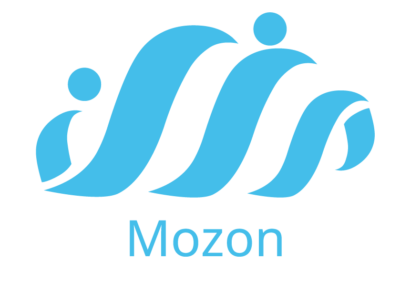Introduction: A Financial Revolution from Within
Throughout history, money has never been just a medium of exchange. It has always been a social construct, reflecting the evolving relationship between humans, technology, and trust. Today, in a world saturated with data and algorithms, a new paradigm is emerging that redefines how we perceive money and financial services: Fintech.
Fintech is not merely a collection of digital tools, but a comprehensive philosophy that seeks to dismantle outdated models and rebuild them based on speed, transparency, and inclusiveness. It is a shift from closed institutions to open ecosystems, from elite-driven finance to democratized access.
1. What is Fintech?
Fintech, short for Financial Technology, refers to the use of modern technologies to deliver innovative financial services. Its purpose is to enhance efficiency, reduce costs, improve user experience, and expand access to financial tools.
Fintech covers a wide range of services, including:
Digital wallets and mobile payments
Online and challenger banks
Cryptocurrency and blockchain solutions
Robo-advisors for investment management
Peer-to-peer (P2P) lending platforms
Digital insurance (InsurTech)
Regulatory technology (RegTech)
2. The Evolution of Fintech
Fintech 1.0 (1860–1969):
The era of telegraphs and early credit cards
Communication technologies enabled cross-border transfers
Introduction of the first credit payment systems
Fintech 2.0 (1970–2000):
Digital transformation within banks
Emergence of ATMs and the SWIFT global transfer system
Electronic stock trading begins
Fintech 3.0 (2000–2010):
Online banking and the rise of PayPal
Startups challenge traditional financial institutions
Internet-based financial services begin to scale
Fintech 4.0 (2010–Present):
Mobile apps, cloud computing, AI, and blockchain
Focus on user-centric design and accessibility
Fintech becomes mainstream and global
3. Top Fintech Innovations Today
Artificial Intelligence and Machine Learning
Personalized financial recommendations
Real-time fraud detection
Credit scoring using alternative data
Automating customer service via chatbots
Blockchain and Cryptocurrency
Decentralized finance (DeFi) platforms
Smart contracts for automated transactions
Faster and cheaper cross-border payments
Secure, immutable recordkeeping
Open Banking
APIs enable data sharing between banks and third parties
Users manage all financial accounts from one platform
Facilitates fintech-banking collaboration
Alternative Lending and Crowdfunding
Loans outside the traditional banking system
Support for small businesses and startups
Lower interest rates and faster approvals
4. Challenges Facing Fintech
Despite its potential, fintech faces major challenges, including:
Regulatory Compliance: Fintech innovation often outpaces financial regulations.
Cybersecurity: With more data comes more risk. Data protection is a top concern.
Consumer Trust: Users need assurance of privacy and reliability.
Digital Divide: Many populations still lack access to smart devices or internet.
Market Saturation: Competition among fintech startups is intensifying.
5. Fintech’s Economic and Social Impact
Fintech isn’t just transforming financial services — it’s transforming societies:
Financial Inclusion: Millions now access banking services via mobile phones.
Empowering SMEs: Access to capital through crowdfunding and microloans.
Data-Driven Finance: Smarter decisions based on predictive analytics.
Global Economic Growth: Fintech fuels startups, innovation, and cross-border trade.
6. Fintech in the Arab World
Opportunities:
High smartphone penetration rates
Youth-driven, tech-savvy population
Government support for digital transformation
Untapped markets in rural and underserved areas
Challenges:
Regulatory uncertainty
Low financial literacy in certain regions
Infrastructural gaps in digital connectivity
Limited venture capital availability
7. How Mozon Technologies Supports the Fintech Vision
In this rapidly changing environment, Mozon Technologies emerges as a leading provider of smart, integrated digital financial solutions in the Arab region. Mozon’s systems are designed to support fintech innovation through:
Real-time, customizable financial reporting
Integration with payment gateways and POS
Advanced data security and compliance features
Bilingual interfaces (Arabic and English)
Seamless connectivity between accounting, payroll, and invoicing modules
Mozon doesn’t just deliver technology — it builds the foundation for future fintech ecosystems to grow and thrive.
Conclusion: From Code to Empowerment
Fintech is more than just an app or a cryptocurrency — it is a new way of thinking about finance. It breaks barriers, closes gaps, and creates new opportunities for individuals, businesses, and nations alike.
And as this wave of innovation reshapes the financial landscape, companies like Mozon Technologies are not only adapting — they are leading.
References
World Bank – Financial Inclusion Reports
Harvard Business Review – The Future of Fintech
Statista – Fintech Market Trends 2024
CB Insights – Fintech 250





